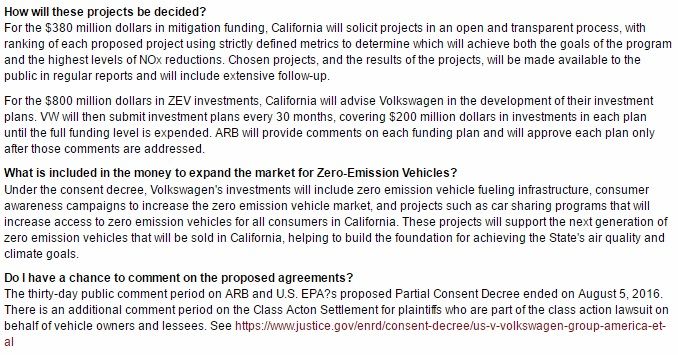ChadS
Last tank of gas: March 2009
Most gas stations have multiple nozzles - regular, high octane, diesel. Charging stations could be the same and have multiple connectors, the hard part is finding a good location with sufficient power and parking.
A government-enforced standard would have some obvious benefits in terms of economies of scale, reducing consumer confusion, simpler stations, etc. But I am very concerned that the standard chosen would be the one with the best lobbyists, rather than the one that is best for consumers and future growth of the market.
Even if they try in earnest to pick the best standard, would they properly balance cost, ease of use, future charging speed improvements, safety, flexibility for various business models, backwards compatibility, and flexibility to accommodate unforeseen developments? At this point of market development I am not confident we are ready for a standard.
A government-enforced standard would have some obvious benefits in terms of economies of scale, reducing consumer confusion, simpler stations, etc. But I am very concerned that the standard chosen would be the one with the best lobbyists, rather than the one that is best for consumers and future growth of the market.
Even if they try in earnest to pick the best standard, would they properly balance cost, ease of use, future charging speed improvements, safety, flexibility for various business models, backwards compatibility, and flexibility to accommodate unforeseen developments? At this point of market development I am not confident we are ready for a standard.







